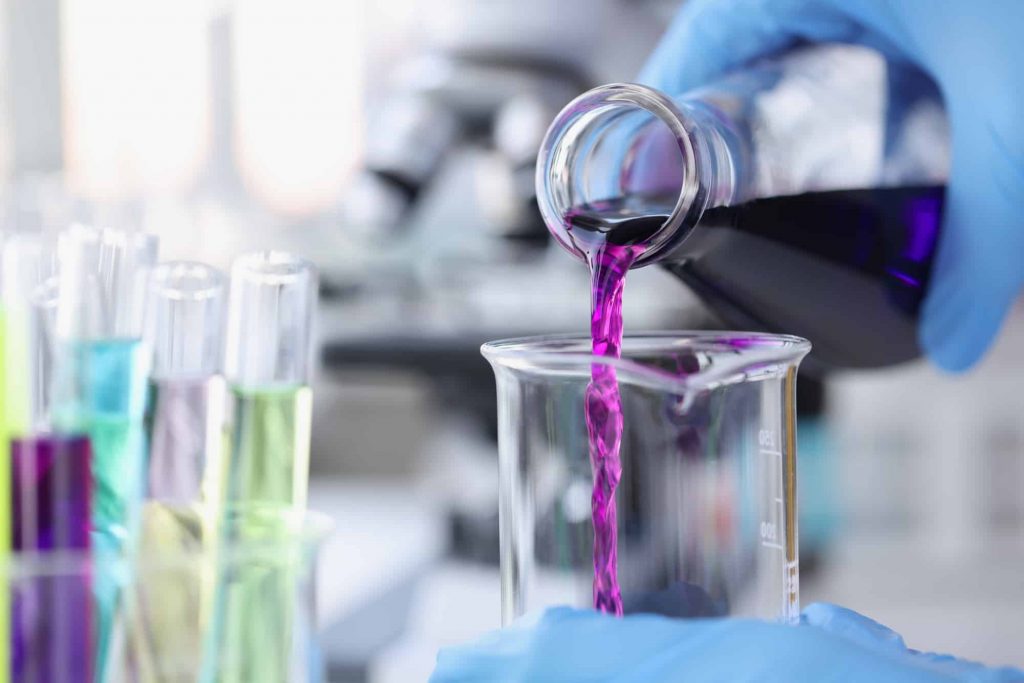
Chemicals play a crucial role in various industries, from manufacturing to healthcare. However, their improper handling can pose significant risks to human health and the environment. In this blog post, we will explore the importance of being cautious with chemicals and discuss practical measures to ensure their safe usage. By following these guidelines, we can protect ourselves, our communities, and the planet.
- Understanding Chemical Hazards:
To be careful with chemicals, it is essential to comprehend their potential hazards. Chemicals can be toxic, flammable, corrosive, or reactive. Familiarize yourself with the Safety Data Sheets (SDS) provided by manufacturers, which outline the properties, risks, and safe handling procedures for each chemical. Stay updated on the latest research and regulatory guidelines to ensure your knowledge remains current. - Proper Storage and Labeling:
Storing chemicals correctly is crucial to prevent accidents and minimize exposure. Follow these guidelines for safe chemical storage:
- Store chemicals in designated areas with appropriate ventilation and temperature control.
- Separate incompatible chemicals to avoid reactions.
- Clearly label all containers with the chemical name, hazards, and date of receipt.
- Regularly inspect and maintain storage areas to identify and address any potential issues.
- Personal Protective Equipment (PPE):
Using suitable personal protective equipment is vital when working with chemicals. The type of PPE required depends on the chemical's properties and potential exposure routes. Some common PPE includes:
- Gloves: Choose gloves made of materials compatible with the chemicals being handled.
- Safety goggles or face shields: Protect the eyes and face from splashes, fumes, or airborne particles.
- Respirators: Use respiratory protection when working with volatile or toxic chemicals.
- Protective clothing: Wear appropriate clothing to prevent skin contact and contamination.
- Safe Handling and Disposal:
Proper handling techniques minimize the risk of accidents and environmental contamination. Consider the following measures:
- Follow established procedures and protocols for handling chemicals.
- Use appropriate tools and equipment to minimize spills and leaks.
- Avoid eating, drinking, or smoking in areas where chemicals are present.
- Dispose of chemicals according to local regulations and guidelines.
- Implement recycling and waste reduction practices to minimize chemical waste.
- Training and Education:
Regular training and education are essential to ensure everyone involved understands the risks associated with chemicals and knows how to handle them safely. Provide comprehensive training programs that cover topics such as chemical hazards, emergency response procedures, and proper use of PPE. Encourage open communication and reporting of any safety concerns or incidents.
Conclusion:
Being careful with chemicals is crucial for safeguarding our health and the environment. By understanding chemical hazards, implementing proper storage and labeling, using appropriate PPE, practicing safe handling and disposal, and providing adequate training, we can minimize risks and ensure a safer working environment. Stay informed about the latest developments in chemical safety to continually improve your practices. Let's prioritize safety and protect ourselves and our surroundings from the potential harm chemicals can pose.




